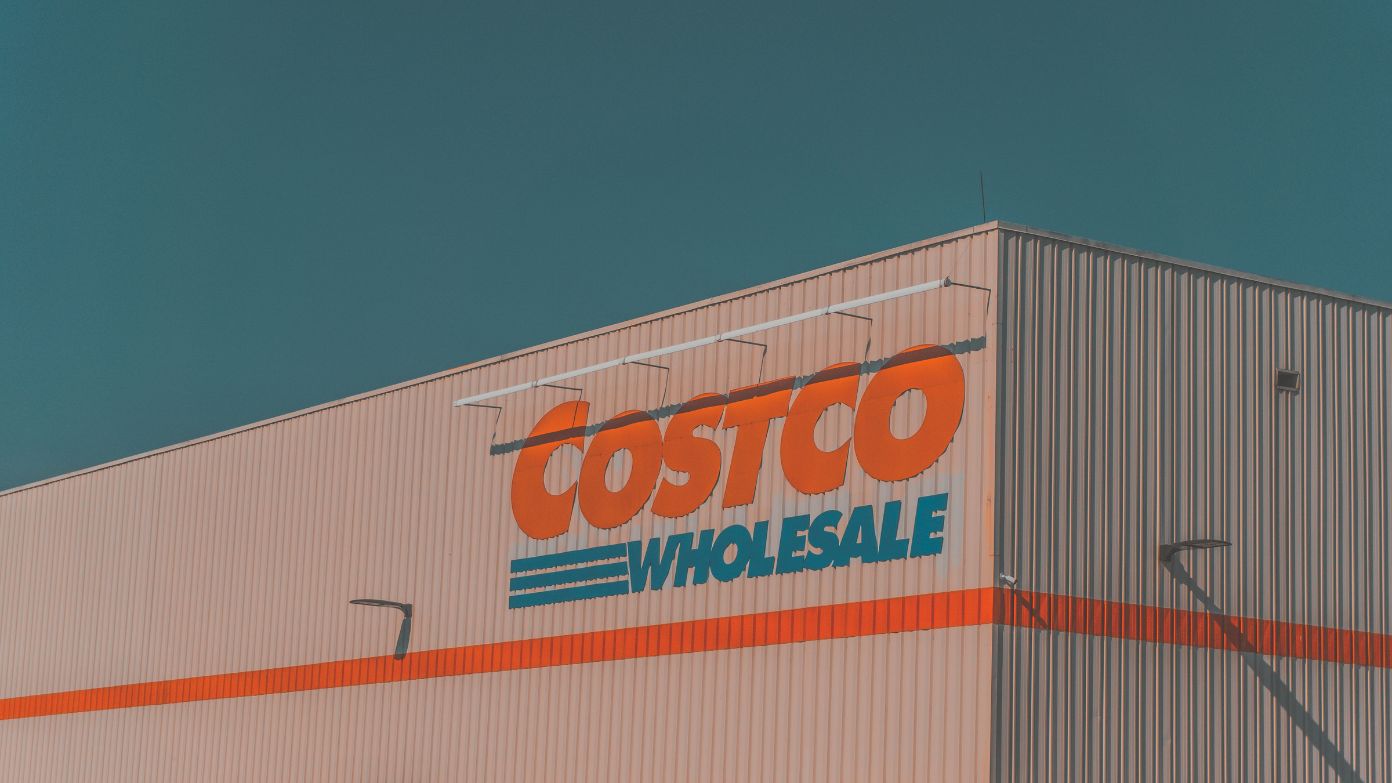Costco’s generous return policy is a big part of what keeps shoppers loyal. You can return almost anything, anytime—no receipt, no questions asked. But lately, some customers are pushing that policy to extremes, and not everyone is happy about it.
Some are returning dirty rugs, used toilets, and even half-eaten food. Others are returning items years after purchase, sparking online debates and stirring up backlash from both fellow shoppers and store employees. Let us break it all down in plain language.
Why are people returning used or dirty items to Costco?
To be honest, because they can. Costco has one of the most lenient return policies in retail. That “100% risk-free satisfaction guarantee” gives customers confidence that if something does not work out, they can always bring it back.
But here is what some shoppers are now doing:
- Returning stained or frayed rugs, even after heavy use
- Getting refunds on toilets that were installed or partially used
- Bringing back worn-down furniture or faded outdoor canopies
- Returning completed Lego sets or flowers left without water
Influencers like Evelyn Juarez and Parker Seidel have gone viral for posting their Costco returns. Juarez returned a slime-covered rug, while Seidel returned half-eaten food and unfinished floral arrangements. Their videos got millions of views—and tons of backlash.
What is the reaction from the public?
Many people feel strongly about this—on both sides.
Some say, “If Costco offers the policy, why not use it?” Others feel it crosses the line into abuse.
Parker Seidel, a YouTuber who returned a chicken bake and wilted flowers, admitted:
“I was getting so much hate. I was like, ‘Oh my God, I was not expecting this at all.’”
Juarez, who returned a $150 rug after her toddler spilled slime on it, received comments like:
“Girl what, your kids stained the rug and now you are making it Costco’s problem?”
These viral returns have raised a tough question: Just because you can return something, should you?
How much abuse is too much?
Retail analysts say most shoppers do not abuse Costco’s return policy. But when they do, it can go too far.
One shopper returned multiple lighting fixtures over several months—some nearly a decade old. Others return TVs after watching the Super Bowl. Some even return entire floors after remodeling.
According to Costco employees (who spoke anonymously), most returns are accepted, but chronic returners may be flagged. In rare cases, memberships are revoked.
Still, the company often absorbs the losses. One worker shared, “We throw away a few hundred dollars’ worth of food every day.”
Will Costco change its return policy?
So far, no. Despite the abuse, experts say Costco’s business model—based on annual memberships—allows it to keep the policy in place.
Retail analyst Neil Saunders explained it well:
“There are certain things in Costco that are pretty set. The price of hot dogs is one of them, the return policy is another.”
In fact:
- Costco made $4.8 billion from membership fees last year
- Happy members are more likely to buy, even if they return now and then
- More than half of consumers say easy returns affect where they shop
What are the ethical concerns?
At the heart of the debate is this: Are shoppers following the letter of the policy or its spirit?
Ayelet Fishbach, a professor at the University of Chicago, studied how people feel about returning worn items. Many said they would do it once or twice—but doing it often felt wrong.
That reflects how many of us feel. Occasionally, a return makes sense. But if it becomes a habit, it starts to feel shady—even if the policy allows it.
How Costco uses returns to keep customers loyal
Costco is not just accepting returns to be nice. It is smart business.
When customers know they can return something easily, they are more likely to buy:
- A woman bought a $200 vacuum at Costco instead of Macy’s, just because she trusted the return policy
- Another customer kept her membership for years after a smooth return experience.
So yes, there is abuse. But for Costco, the trust they build with that return policy is worth it. They know that most customers use it fairly—and those are the people they want to keep coming back.
Related article:
Neither Costco nor Walmart – This is the cheapest U.S. supermarket chain in 2025

